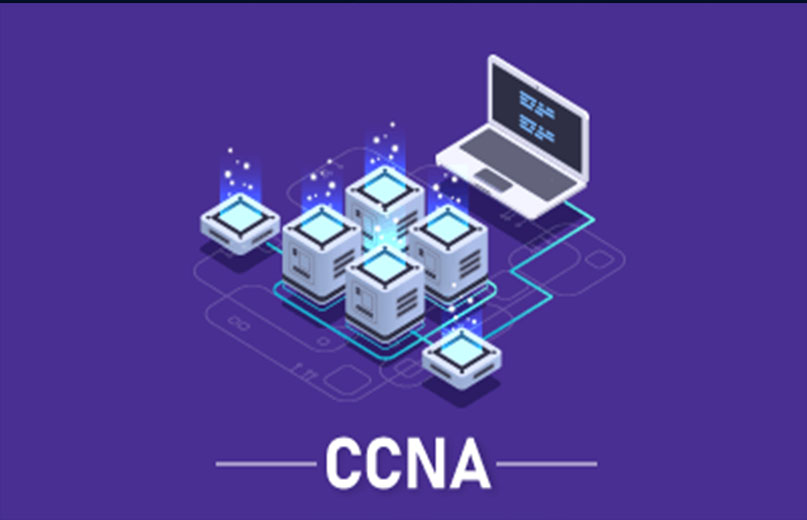
- February 19, 2024
- Praveen
- 0 Comments
- Social Media
CCNA
CCNA, or Cisco Certified Network Associate :
CCNA stands for Cisco Certified Network Associate. It is a certification program offered by Cisco Systems, a leading provider of networking solutions and technology. The CCNA certification is designed to validate the knowledge and skills required to operate, troubleshoot, and manage small to medium-sized enterprise networks.
Here are some key aspects and uses of CCNA certification:
1.Networking Fundamentals: The CCNA certification covers foundational networking concepts, including networking protocols, network topologies, IP addressing, subnetting, routing, switching, and network security principles. It provides a solid understanding of how computer networks function and how data is transmitted across networks.
2.Cisco Networking Technologies: CCNA certification focuses on Cisco networking technologies and products, including Cisco routers, switches, firewalls, and wireless access points. It provides hands-on experience with Cisco devices and configuration commands, allowing candidates to deploy and manage Cisco-based network infrastructures.
3.Career Advancement:CCNA certification is highly valued in the IT industry and can help professionals advance their careers in networking and information technology. It demonstrates proficiency in networking fundamentals and Cisco technologies, making certified individuals more attractive to employers seeking skilled network administrators, engineers, and technicians.
4.Job Opportunities: CCNA certification opens up various job opportunities in the field of networking, including network administration, network engineering, system administration, technical support, and IT consulting roles. CCNA-certified professionals are in demand across various industries, including telecommunications, finance, healthcare, government, and education.
5.Preparation for Advanced Certifications: CCNA certification serves as a stepping stone for advanced Cisco certifications, such as CCNP (Cisco Certified Network Professional) and CCIE (Cisco Certified Internetwork Expert). It provides a solid foundation in networking concepts and Cisco technologies, preparing candidates for more specialized and advanced certifications in areas such as routing and switching, security, wireless, and data center networking.
6.Improved Networking Skills:CCNA certification helps candidates develop practical networking skills, including network design, configuration, troubleshooting, and optimization. It provides hands-on experience with Cisco networking equipment and real-world scenarios, allowing candidates to apply their knowledge in practical situations and gain confidence in their abilities.
7.Networking Community: CCNA certification connects professionals with a global community of networking experts, enthusiasts, and peers. Certified individuals can participate in online forums, discussion groups, and networking events to share knowledge, exchange ideas, and stay updated on the latest trends and developments in networking technology.
Overall, CCNA certification is a valuable credential that validates proficiency in networking fundamentals and Cisco technologies, opening up career opportunities and enabling professionals to excel in the field of networking and information technology.


Leave a Comment